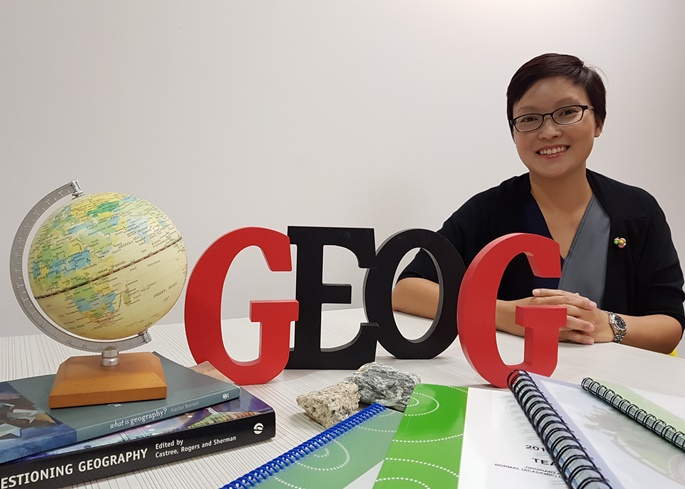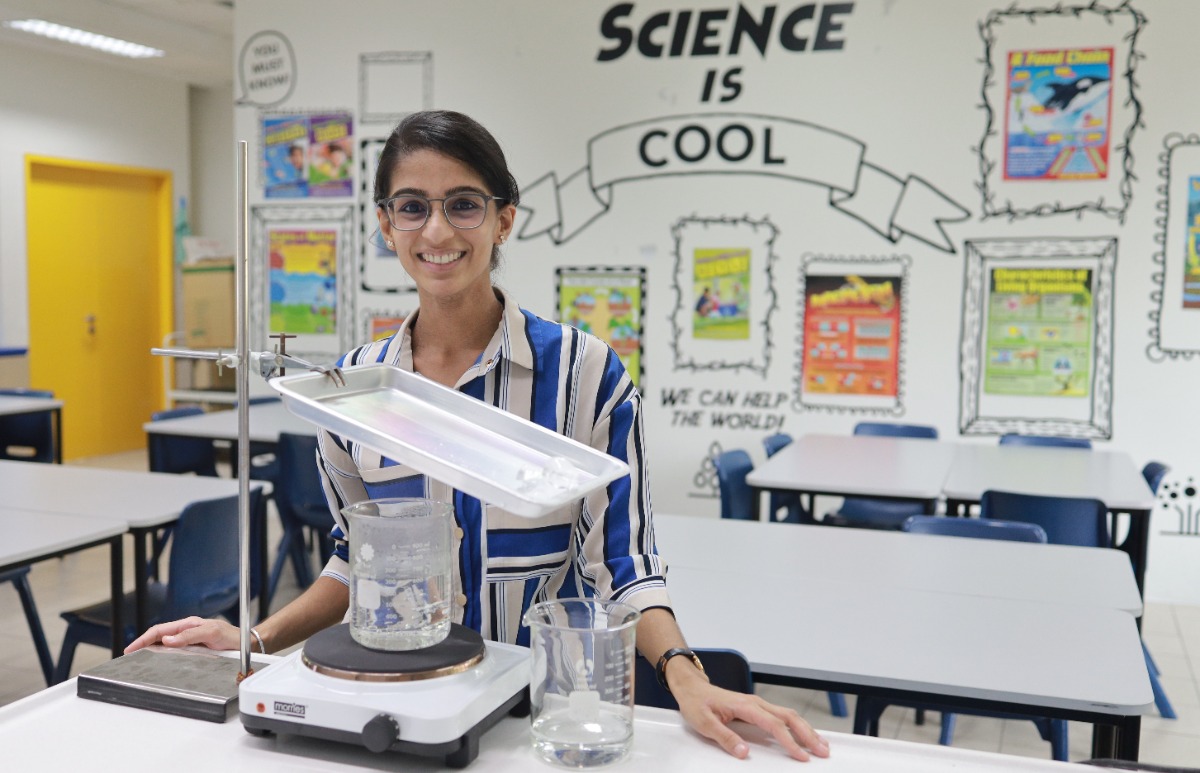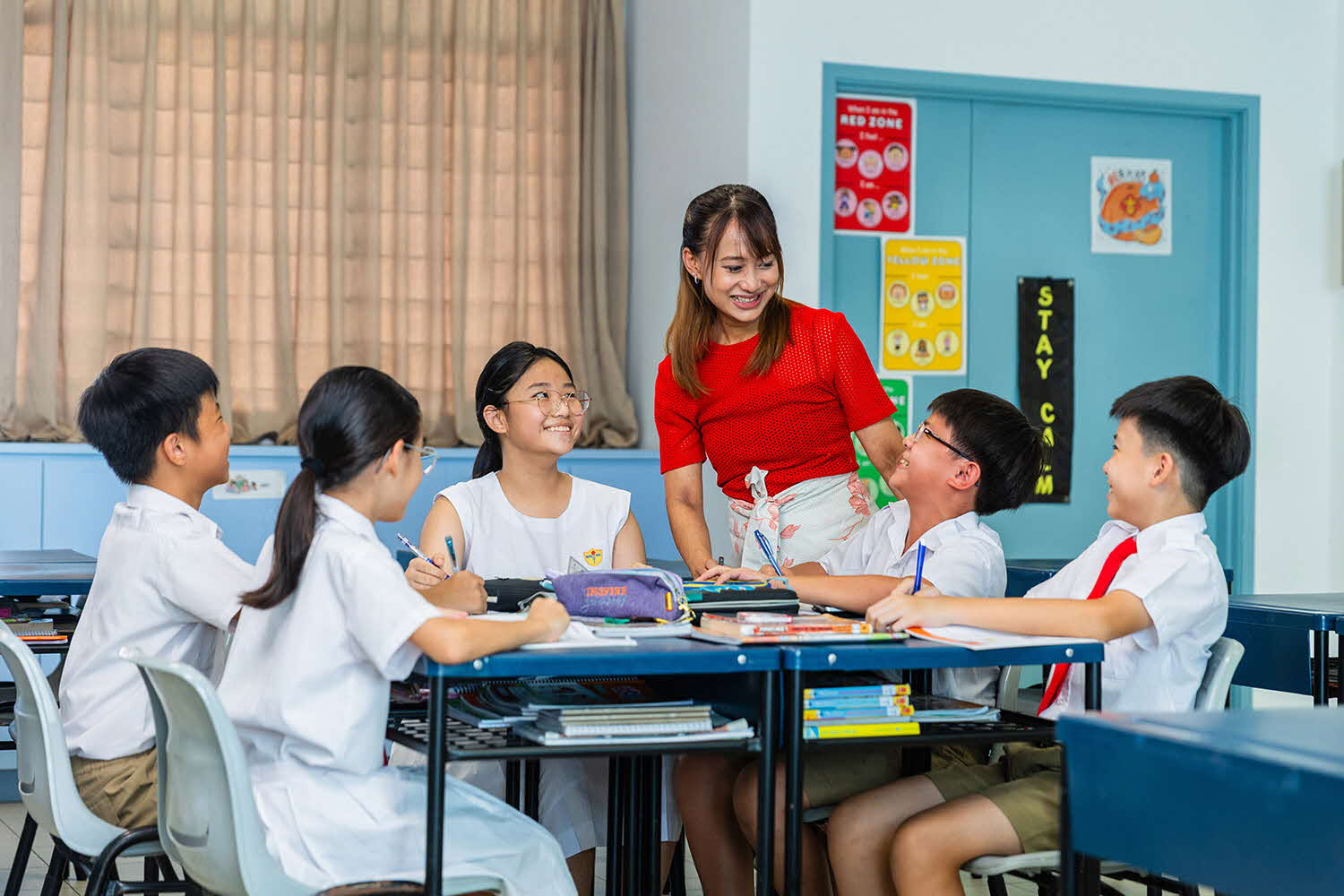“We are all explorers. Even as tiny children we search out the limits of our world. A few years on, our imagination stretches further: fingers batting at a giddy plastic globe…, representing perhaps the most ambitious idea possible, the world. Geography is a fundamental fascination. It is also a core component of a good education.” – Alastair Bonnet, What is Geography?
Geography is integral to our lives. It is there when we use our smartphones to locate our positions and destinations; when we encounter the beauty of natural landscapes and wonder how they came into being; when we visit another country and experience languages and cultural norms which are similar and yet different at the same time. Geography is driven by our desire to understand our place in relation to natural creations and other people in the world.
What will my child learn in Upper Secondary Geography?
Geography at Upper Secondary prepares our students for the future by empowering them to understand and analyse a changing world. They will gain important knowledge about contemporary challenges in the areas of the environment, population growth and globalisation as well as their impact on Singapore and the world. Students develop a global outlook as they learn about solutions to these issues and observe patterns and relationships across the face of the earth.
A sense of care and responsibility is nurtured as well. Students grow to realise not only how human actions can affect the environment but also how they must play their part towards sustaining the planet. As a 14-year old young geographer puts it, “we only have one planet, if we don’t take care of it, what will become of our future?”
Students can also look forward to learning beyond the classroom. In geographical investigations, they work in teams to collect first-hand data, analyse and present their findings in response to questions about a particular real world phenomenon. In the process, students exercise self and relationship management skills which are important for life. As young student geographers combine conceptual theory and authentic scientific data to seek a plausible explanation for the phenomenon, they become both problem seekers and problem solvers.
What is the difference between Elective and Full Geography?
Geography is offered as a full subject to enable the learning of a broader range of topical geographical content. In both, there are similar opportunities to acquire the broad range of geographical and analytical skills.
How do I know if my child should take Geography at Upper Secondary?
Understanding your child’s interest is key. When your child is interested in the subject, he or she will be motivated to delve deeper. Encourage your child to share what he or she has learnt in Lower Secondary Geography and the experiences so far. Also, you can browse the Upper Secondary Geography textbook with your child and discuss the aspects that catches his or her eye.
What can my child do with Geography after secondary school?
Geography is offered as an ‘A’ level subject and at tertiary institutions, such as the National University of Singapore’s (NUS) Department of Geography, which is ranked amongst the top 10 geography departments in the world. Students can also pursue polytechnic courses related to environmental science, hotel and leisure management, as well as hospitality and tourism management.
Following graduation, students can explore diverse professions such as urban planning, environmental consultancy, tourism, finance and banking sectors. The global perspective and sensitivity to local places and cultures acquired through Geography aids them in their analysis of business decisions and interactions with international clients. Students can also combine their geographical knowledge with science in the field of environmental management and research, and data analytics.
How can I support my child?
Try one or more of the following:
- Bring your child’s attention to news on developments in the natural environment or countries.
- Encourage your child to bring up what he or she is learning in Geography such as the reasons for the phenomenon, as well as the impact on people, the immediate area where they live and further away.
- Discuss how he or she feels about the news.
- Talk about ways that we can help improve the situation for people, the natural environment or the affected place.
- Visit nature parks or nature reserves as part of your family outings.
- Observe flora and fauna when you are in the outdoors. Point out features that you find interesting. As you show awe and wonderment about our world, your child may learn likewise.
- Take guided walks to hear experts give their insights on nature and the interactions between people and the natural environment.
Before you advise your Secondary 2 child, take time to also find out about the other Humanities subjects – Literature, History and Social Studies.





.jpg)
